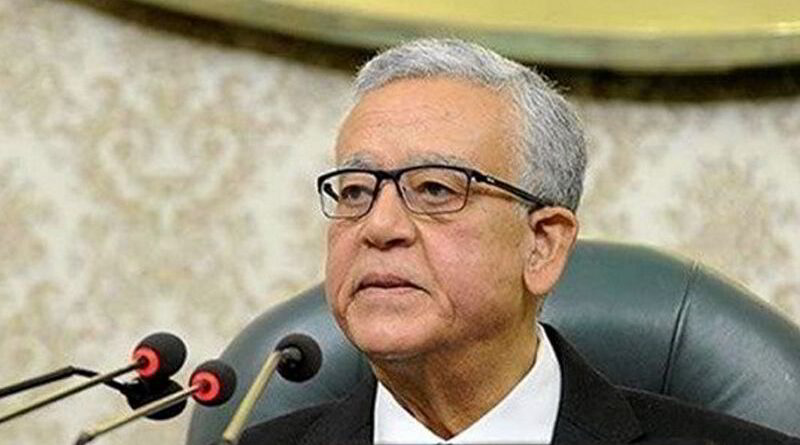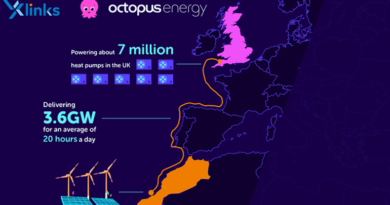Egypt’s parliament passes generous green hydrogen subsidy law
Companies can get 55% tax credit on H2 projects if they meet strict requirements on foreign financing and local content.
The Egyptian parliament passed legislation yesterday (Tuesday) enabling a green hydrogen subsidy scheme that offers a generous tax credit of up to 55%, as well as wider non-tax incentives, to project developers.
The bill, which was approved by the country’s cabinet in May and must now pass to Egypt’s president for approval, offers companies 33-55% off the tax paid on a project, as well as VAT exemptions on equipment, tools, machines, raw materials, and transport—apart from passenger cars—used for development.
Green hydrogen projects will also benefit from an exemption on real estate tax, stamp tax, customs tax on imports (again, aside from passenger cars), and documentation and registration fees due on contracts for establishing companies, credit facilities, mortgages, and land registration.
Exports of green hydrogen and its derivatives, such as ammonia or methanol, will also be exempt from VAT.
The bill also offers companies a number of non-tax incentives, including a single approval, which would allow developers to import materials and equipment without needing to register them and export H2 or derivatives without a license or need for registration.
Additionally, developers could see discounts of 30% on fees for the use of seaports, maritime transport, and ship servicing, 25% on the value of industrial land rights for green hydrogen production, and 20% on the value of land rights for storage at ports for up to ten years after signing project agreements with the government.
However, this suite of incentives comes with strings attached, particularly when it comes to how H2 facilities are financed.
Developers will have to secure 70% of the investment cost of a project from financial institutions outside of Egypt and start operations within five years of concluding agreements in order to access these subsidies.
These companies also have to commit to using locally-made components whenever they are available domestically while meeting a minimum 20% local content requirement.
And although green hydrogen producers will be free to employ foreign workers for up to ten years after signing their agreements with the government, this is capped at 30% of the total workforce on a project.
Egypt has built up a project pipeline worth $83 billion based on 20 memoranda of understanding signed with the government as of August, many of which have further progressed into framework agreements.
However, the vast majority of developers have not yet taken a final investment decision on their projects.
Beyond the tax credit, Egyptian government-affiliated think tank the Information and Decision Support Center (IDSC) has suggested carbon contracts for difference, carbon taxes, and direct government purchase of hydrogen as possible routes to further incentivize investment.
Source :hydrogeninsight.com




